After collecting books from the library shelves and then placing them side by side on a book display, I couldn’t walk away. I looked at those books like family – characters who have changed my thinking, taught me, and held me – all standing on the shelves together.
This book display helped me remember stories – voices, and the intimate moments we’ve shared over the years. I love them. And because of the patient unraveling stories designed to touch my life with a conglomerate of paradoxical truths, I feel their love too.
Sometimes, when I finish a book, I delay returning it to the library or putting it back on my shelf. I want to keep living and learning in its pages. I don’t want to forget the voice, characters, studies, and ideas, so I leave it on the couch or the table, where I can see it, touch it, occasionally re-reading a sentence or a moment.
I want to stay in this place with this book before I move along, change, forget, and pick up another book. I always, only with these types of books, have plans to read them again, but stepping away slackens the rope of story that holds me in. I’m no longer immersed and already forgetting.
The History of Love is one of those books that I couldn’t put away. I think it is deep gratitude that prevents me from putting it right away, placing it on the shelf with all of my other discarded books – and now it’s The Body Keepy Score – I just want to read it again. I want to retain and remember all that I’ve learned from these words, stories, and science.
But I have a pile of books waiting . . . so I will leave that precious book full of words that hold world-changing compassion and information – an array of lifetimes presented in story – on my counter. Leave it there until I’ve forgotten enough that I can feed it back to the library. However, it’s changed me now; we’ve fallen in love. What is love, after all, except a feeling of gratitude, understanding, loyalty, and trust deep within your body, inside your cells?


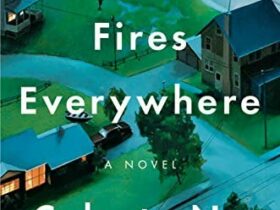
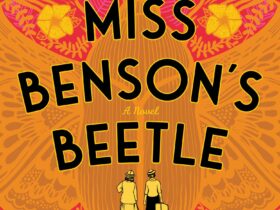
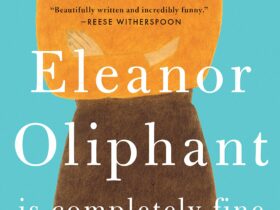
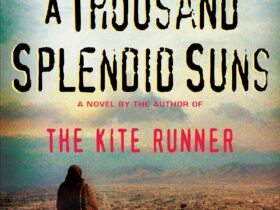
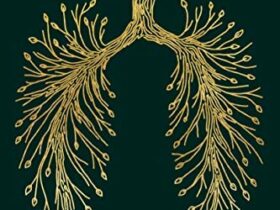
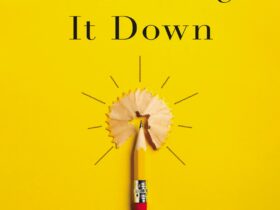
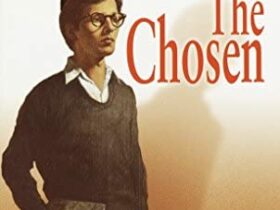
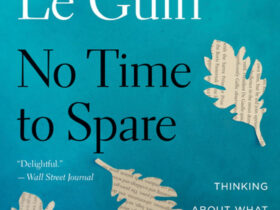
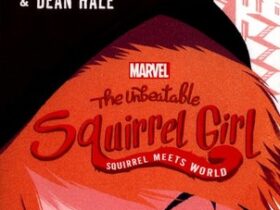
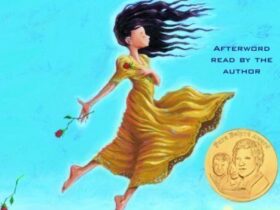
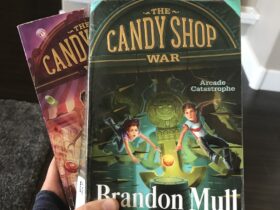
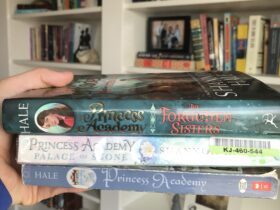
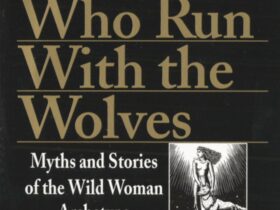

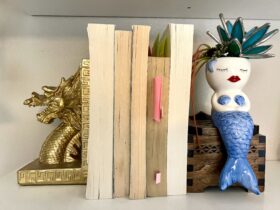

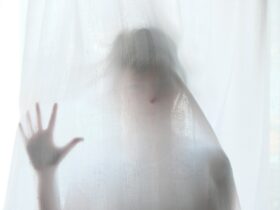

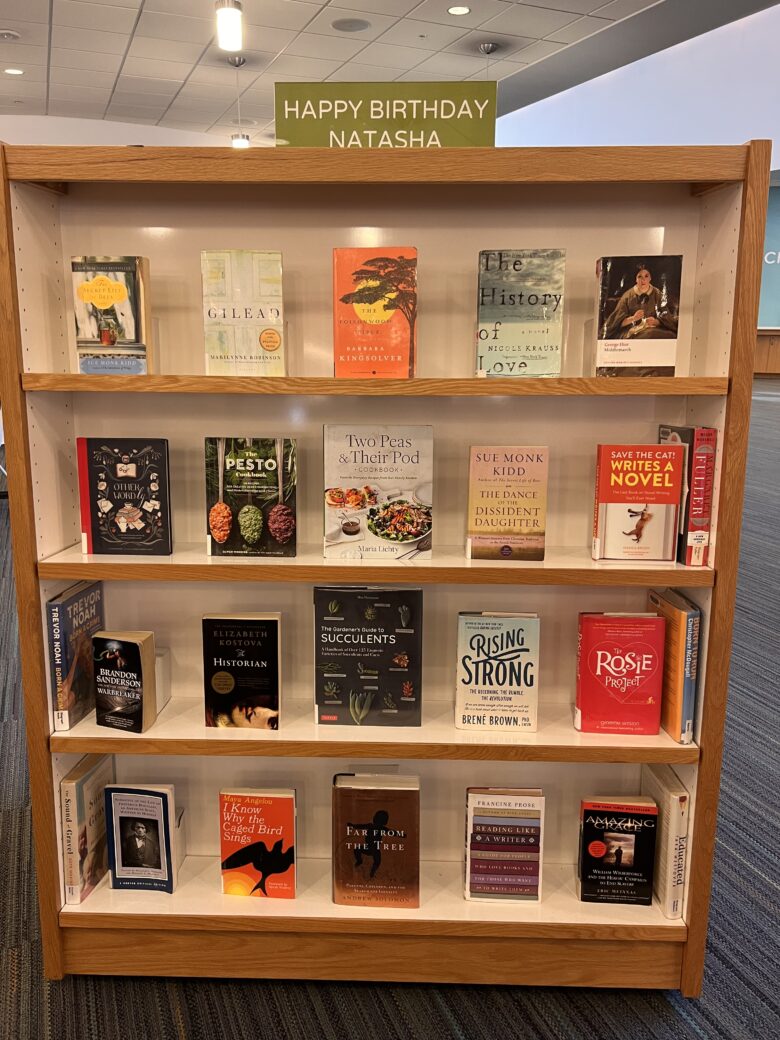
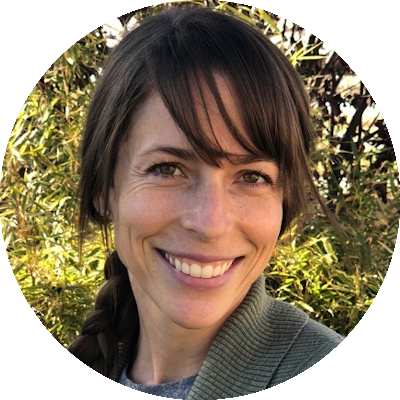
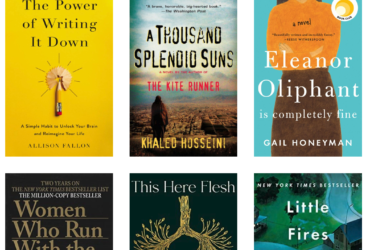



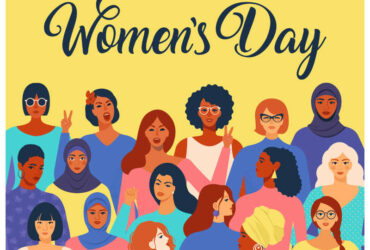

Leave a Reply